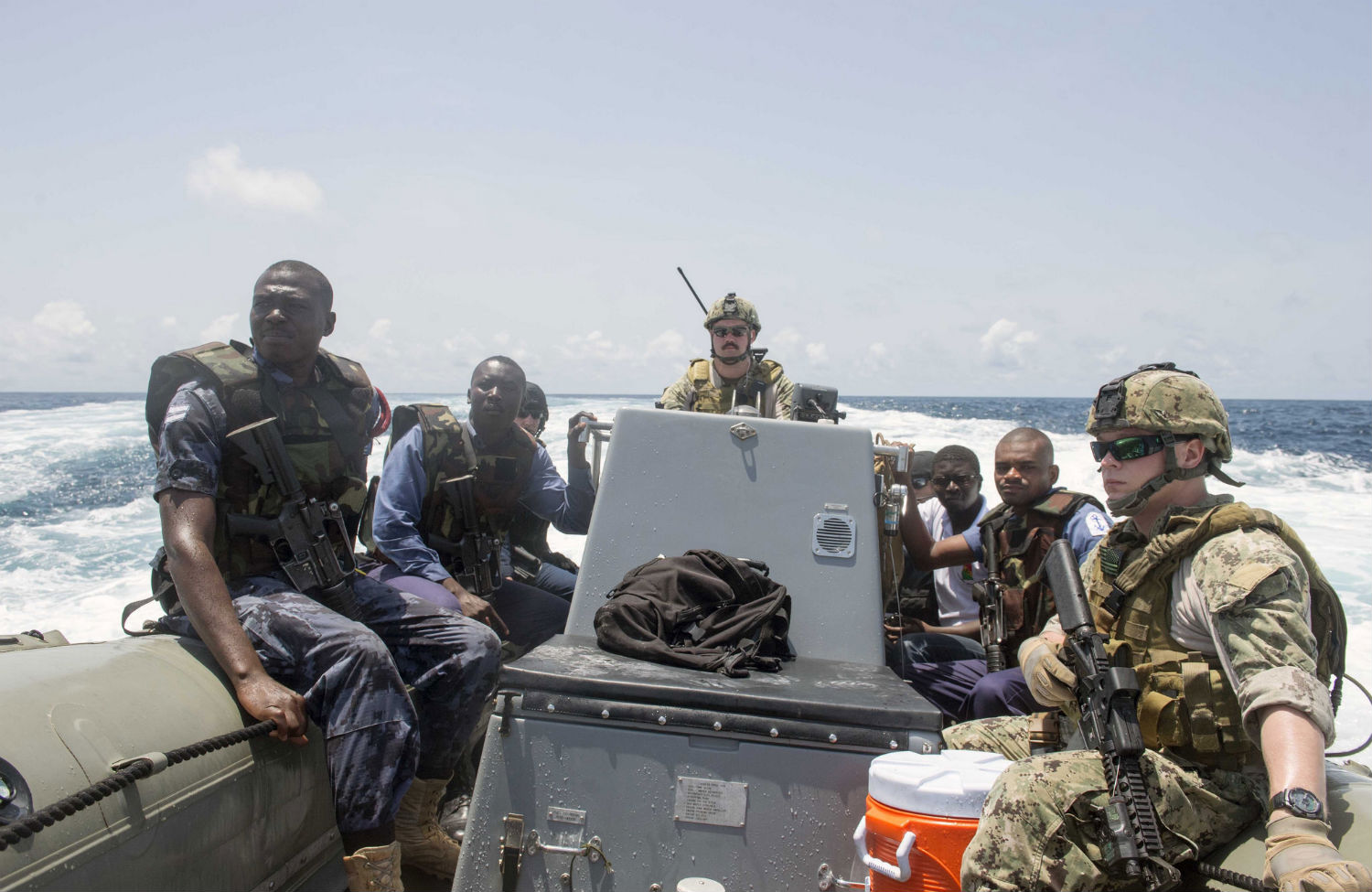
The US Has Spent Tens of Millions of Dollars Fighting Pirates, and It Still Failed The US Has Spent Tens of Millions of Dollars Fighting Pirates, and It Still Failed
Despite US military efforts, maritime insecurity has been markedly on the rise in the waters off West Africa.
Sep 25, 2014 / Nick Turse
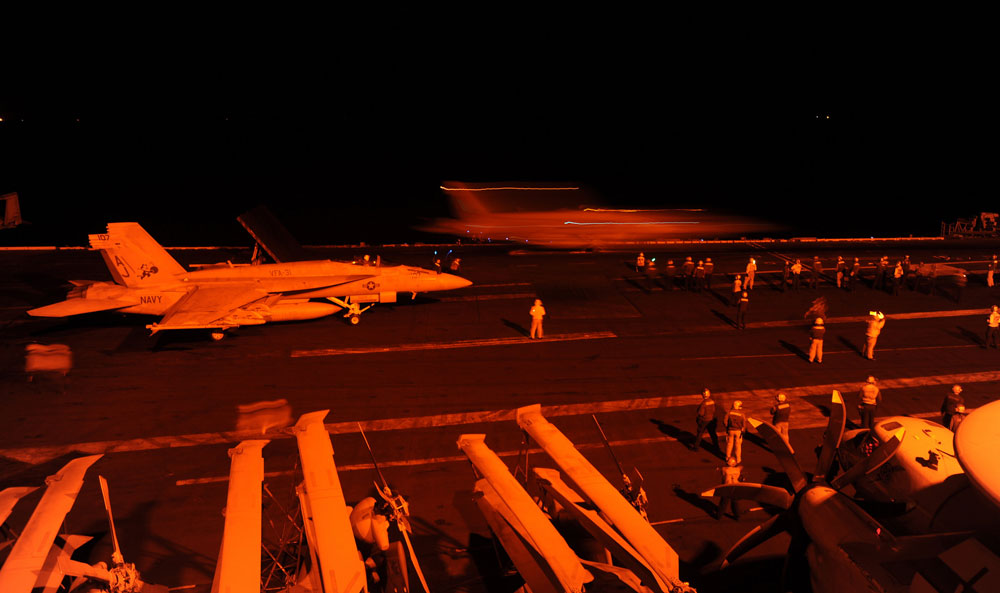
The Loneliest Pundits The Loneliest Pundits
The war whoops of the pundit class helped propel the nation into yet another doomed military adventure in the Middle East. Ghastly beheadings by a newly discovered enemy were the frightening flashpoint. The president ordered bombers aloft, and US munitions were once again pounding battlefields in Iraq—and, at the time of this writing, in Syria. The president promised to “degrade and destroy” ISIS. Here we go again, I thought. This is how modern America goes to war. When the superpower Goliath is challenged by sudden savagery, it has no choice but to respond with brute force. Or so we are told. Otherwise, America would no longer be a convincing Goliath. Citizens and members of the uniformed military are tired of war, but both in a sense are prisoners of the media-hyped hysteria that is the usual political reflex. Shoot first, ask questions later. While some commentators, like David Ignatius, have raised good questions about how this war will be fought, such questions do not address the larger question facing American warmaking. Please support our journalism. Get a digital subscription for just $9.50! Among leading columnists, I have seen only two who are framing the American dilemma in a more straightforward way. Columnist Eugene Robinson is a lonely voice at The Washington Post arguing for a fundamental shift. He has no touchy-feely illusions about holding hands with jihadists. But he knows repression by military force ensures the cultural collision will get worse. “Political Islam cannot be bombed away,” Robinson wrote. “If it is not somehow allowed constructive expression, it will make itself heard, and felt, in more tragic ways.” Robinson is a liberal. The other columnist exploring similar terrain is Ross Douthat of The New York Times, a conservative. Douthat suggested a hybrid strategy of containment and attrition that avoids a larger war in Syria and backs away from the illusion that ground war leads to nation-building. “It does not traffic, in other words, in the fond illusions that we took with us into Iraq in 2003, and that hard experience should have disabused us of by now,” he wrote. “But some illusions are apparently just too powerful for America to shake.” Read Next: Peter Van Buren on the impossibility of victory in Iraq
Sep 24, 2014 / Editorial / William Greider
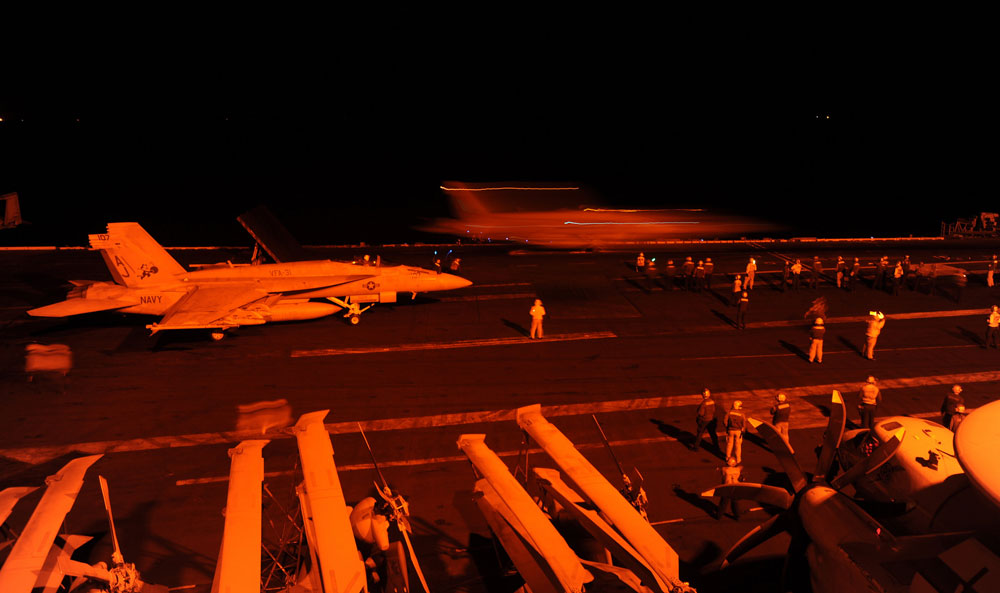
When Will American Foreign Policymakers Learn From Their Mistakes in the Middle East? When Will American Foreign Policymakers Learn From Their Mistakes in the Middle East?
Former top UN diplomat Lakhdar Brahimi lays out how decades of naïveté about Arab societies, poor planning and post-conflict miscalculations have fostered a deep mistru...
Sep 24, 2014 / Barbara Crossette

The Fight to Keep Toxic Mining Out of El Salvador The Fight to Keep Toxic Mining Out of El Salvador
Hundreds of protesters recently gathered at the World Bank to shame a gold-mining firm’s shakedown of one of Central America’s poorest countries.
Sep 23, 2014 / Foreign Policy In Focus / Diana Anahi Torres-Valverde and Foreign Policy In Focus
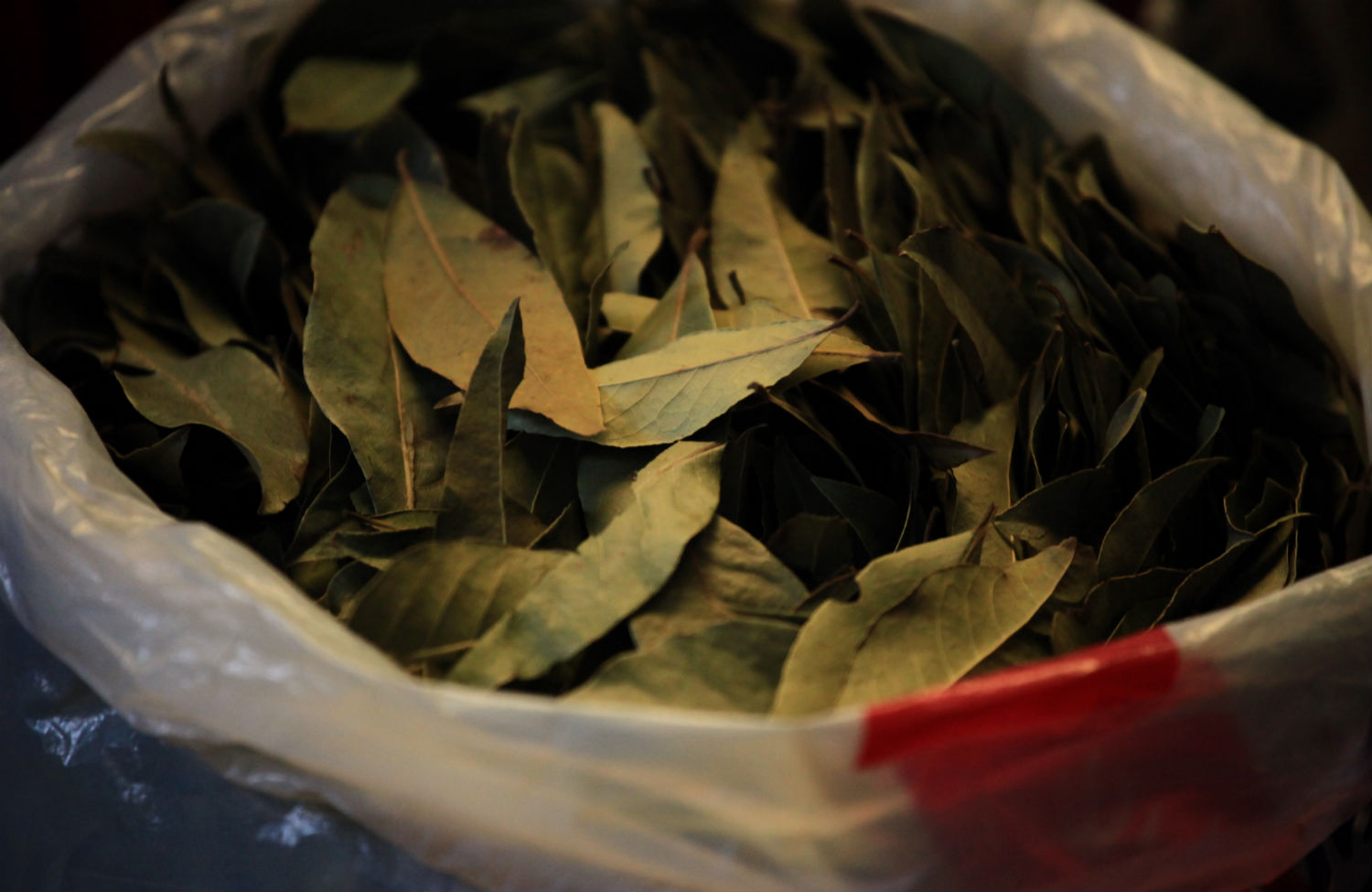
Washington Snubs Bolivia on Drug Policy Reform, Again Washington Snubs Bolivia on Drug Policy Reform, Again
Bolivia has found a way to cut coca production without sacrificing the leaf's cultural importance or cracking down on small growers. But Washington's not having it.
Sep 22, 2014 / Foreign Policy In Focus / Zoe Pearson, Thomas Grisaffi, and Foreign Policy In Focus

Why Aren’t the Health Workers Fighting West Africa’s Ebola Epidemic Being Given Basic Protective Gear? Why Aren’t the Health Workers Fighting West Africa’s Ebola Epidemic Being Given Basic Protective Gear?
The failure to protect workers is worsening an already dire public health crisis.
Sep 19, 2014 / Blog / Michelle Chen

A Very British Divorce? A Very British Divorce?
If Scotland wakes up on Friday still bound to England, it will not be because solidarity or shared vision prevailed but rather fears of job loss, higher prices and higher taxes.
Sep 18, 2014 / Blog / D.D. Guttenplan

How Hard Times Are Healing Bosnia How Hard Times Are Healing Bosnia
Amid rising anti-government sentiment and a series of natural disasters, Bosnia-Herzegovina's fractured ethnic communities are drawing strength from an unlikely source: each ot...
Sep 17, 2014 / Foreign Policy In Focus / Peter Lippman and Foreign Policy In Focus
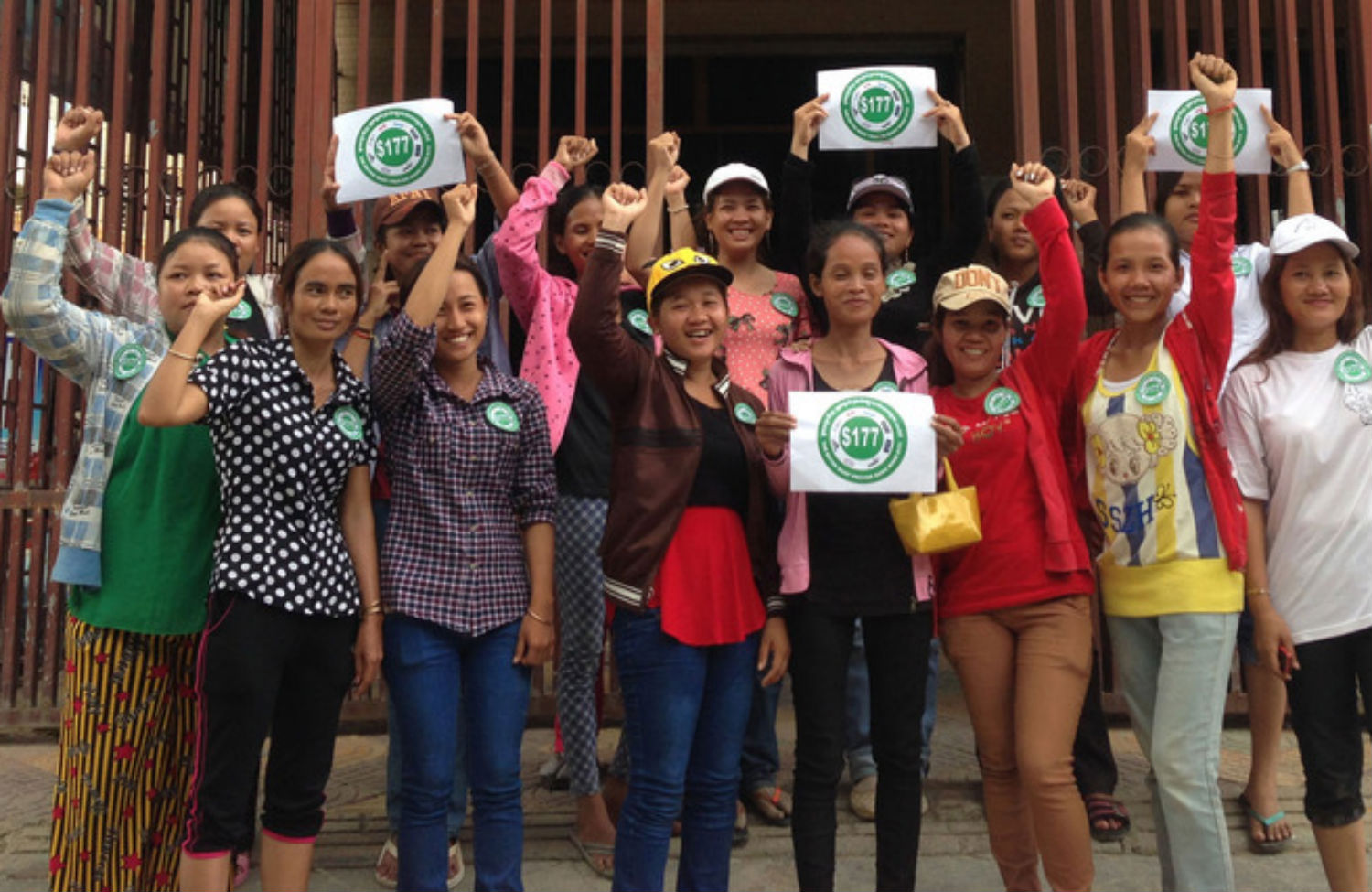
While the Fashion World Swoons Over This Season’s Styles, the Workers Making Them Are Fainting on the Job While the Fashion World Swoons Over This Season’s Styles, the Workers Making Them Are Fainting on the Job
Cambodia’s garment workers are fighting for something they’ve never had before: a living wage.
Sep 17, 2014 / Blog / Michelle Chen
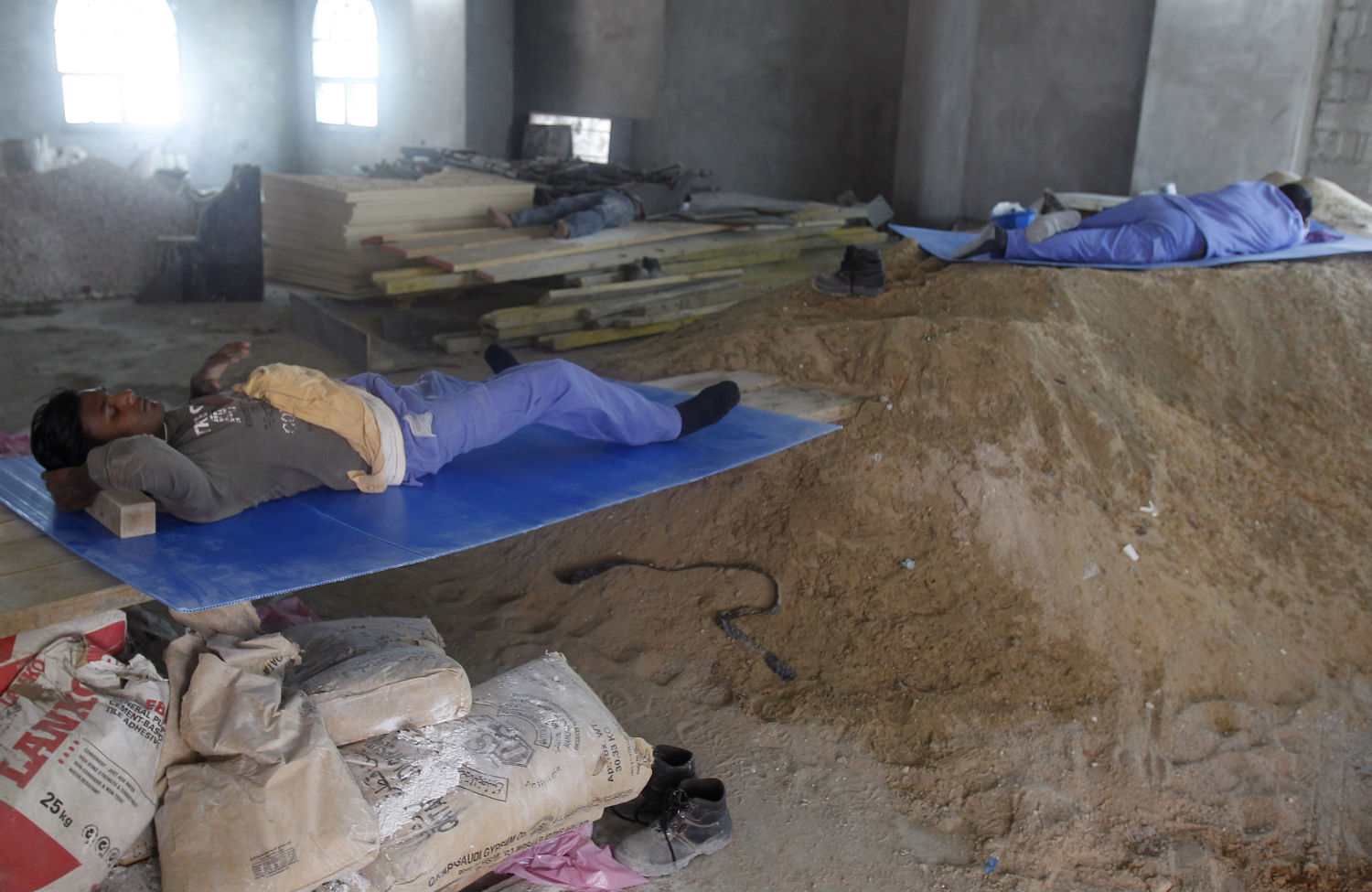
Kingdom of Slaves in the Persian Gulf Kingdom of Slaves in the Persian Gulf
In the smallest Gulf states, nearly 90 percent of residents are immigrant laborers. Many face unspeakable abuse.
Sep 16, 2014 / Foreign Policy In Focus / Sam Badger, Giorgio Cafiero, and Foreign Policy In Focus
